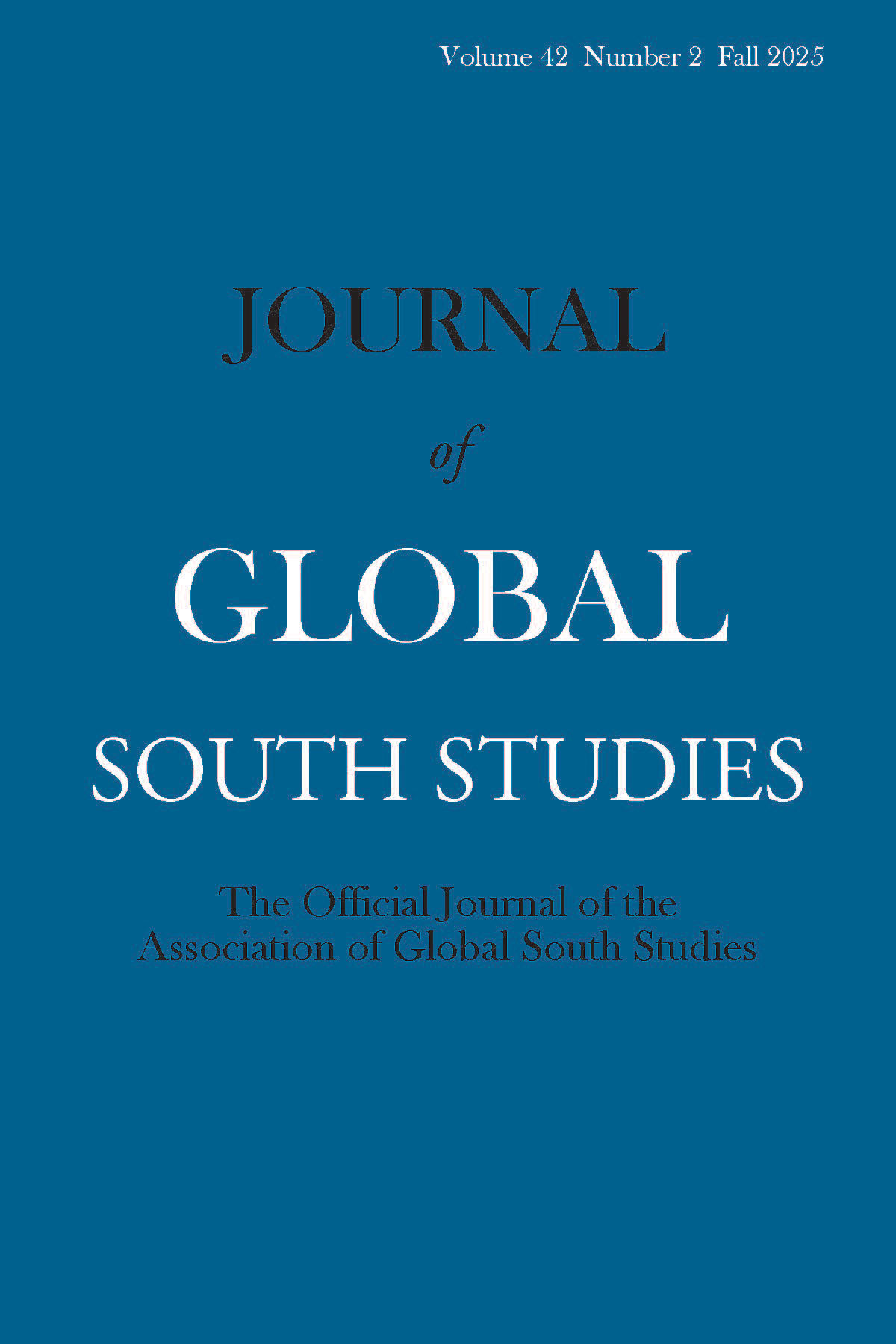TPLF and the Politics of Factionalism in Tigray
Main Article Content
Abstract
Following the 2020–22 Tigray war that shambled the Tigray People’s Liberation Front’s (TPLF) internal structure and legitimacy, the historical and dominant political force of contemporary Tigray evolves into factional politics, understood as a group-based power struggle within the party. This contribution first and foremost intends to enlighten and provide insights into the current TPLF political crisis. Despite common and dominant narratives focusing on personal or ideological agendas, the article intends to demonstrate to what extent this crisis is deeply rooted in the TPLF’s genesis and historical development. It then details the five major crises of the party, with a specific emphasis on the unprecedented last one. Doing so, it identifies a security-driven pattern of the party’s evolution and its successive reforms and reflects on its internal structure. It aims at grounding power struggles into sociological elements and provides insights into the social development and support of TPLF factions, be they actual or past. It provides detailed insights into factionalism practices and modalities, especially regarding controversies, and raises the hypothesis that factionalism is handled and regulated through controversies that offer internal platforms for TPLF power struggles, as well as the arena for public debates, thereby questioning their ideological dimensions.

